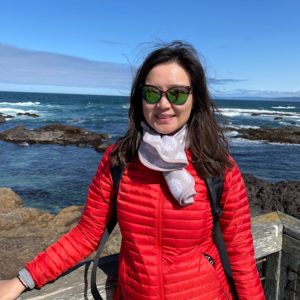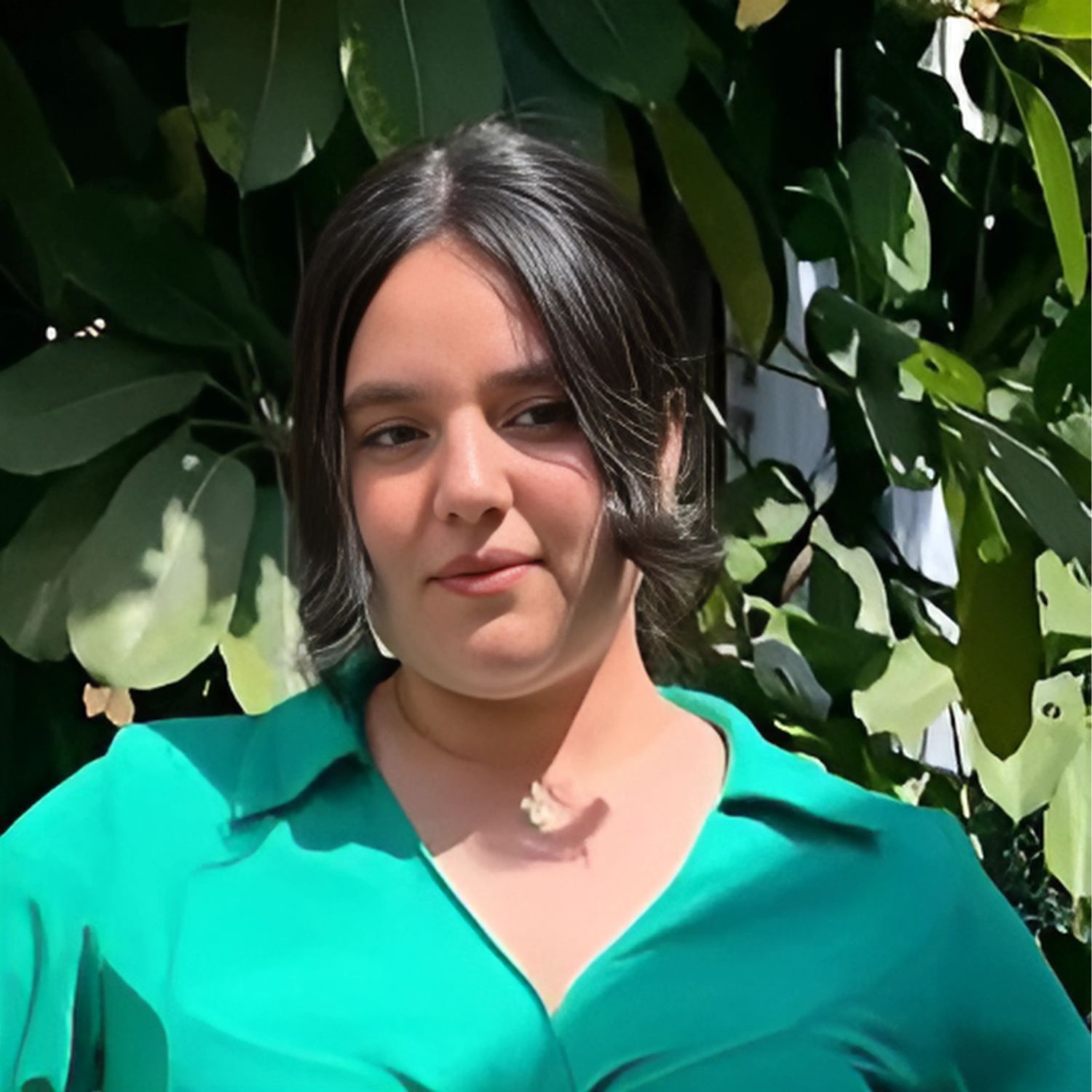
Student Spotlight: Priscilla Feng MA’23
Meet Priscilla, our MA '23 student and hear how life has been for her at DRBU!
Name: Priscilla Feng
Cohort: MA‘23
Hometown: Calgary, Canada
What were you doing before DRBU?
I am a CPA in Canada and was in 9-to-5 mode for many years. I worked as a Finance Controller in a charitable organization and volunteered with my dog for social service agencies. I also practiced Buddhism at DRBA-affiliated monasteries, including CTTB.
What is an influential class, book, or concept that blew your mind?
Platform Sutra and Shurangama Sutra so far. Both sutras serve as comprehensive guidebooks for practitioners in the Mahayana tradition. There were a lot of “WOW” moments while studying. If I were to pick one, it would be the denial of self.
Can you tell us the title of a recent paper? What is it about? What is it really about?
One of my recent papers is “Ways of Liberation by Śūraṅgama Sūtra”. It is about the three practices of ending outflows: śīla (precepts), dhyāna (meditation), and prajñā (wisdom).
It’s really about the enlightened pure mind and the deluded mind.
How has DRBU changed you?
Through the texts we read and class discussions, my understanding of the Buddha’s teaching and myself has definitely deepened and broadened. As a result, I am learning to be more mindful, open-minded, non-judging, and present.
Are there any surprising things you learned?
I’m interested in learning languages and hold a bachelor’s degree in English. I also learned a couple of other foreign languages before DRBU. I thought I was good at it, but to my surprise, Sanskrit is such a HARD nut to crack! It is beautiful and powerful yet definitely challenging for a beginner. Don’t get me wrong. I don’t regret choosing it, as it’s been very rewarding. I feel it helps me to get closer to the Buddha’s teachings.
Any challenges you faced?
Though coming to DRBU is a well-planned move, it’s still very challenging to leave everything behind, including my senior parents and my fur child. But I am glad I made it happen. The learning experience has been rewarding and transformational. It provides great guidance and communal support for my future practices.
What does contemplative practice mean to you? Do you have a daily practice?
To me, contemplative practice is the chance to apply some fundamental teachings of Buddhism, such as impermanence and non-self. For example, meditation, as a common form of contemplative practice, helps me to activate the “inner observer,” be mindful of the present moment, and be free of grasping.
My current daily/regular practices include yoga, recitation, sharing inquiry, and meditation.
What’s it like to be a part of the DRBU community? What do you do outside of class?
DRBU is a small and young community with constant growth. So I definitely feel that vibrant dynamic all the time. Because we are small, professors know every student’s name and every student knows each other. The management team is excellent at caring about their students through listening and understanding. Students can approach any staff or faculty with questions or concerns. They will listen to you and give you the attention you need. In a word, I feel safe and supported.
I do yoga, walk with my dog, read, check out the county and nearby places, hang out with friends, and a lot more…
How has financial aid played a role in your being at DRBU? What’s your service scholarship (work-study) job?
It is essential for me to be able to join the program and remain focused on academic study.
I like variety, and service work satisfies me! My work includes big kitchen, recycling, cleaning, admission assistance, and finance.
What are you interested in doing after DRBU?
I don’t have a complete idea yet, but I know I will keep doing what I am doing now at DRBU. I will keep participating in the activities or dharma talks whenever possible.
How does what you’re learning here carry out into the world?
DRBU itself is a world, isn’t it?
What would you say to someone who is thinking about applying to DRBU?
If you are thinking about it, why not check it out and explore?!


